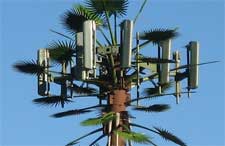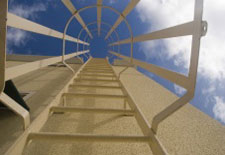*Asked & Answered
Asked – I read your blog post on SB 150 and the new legislation impacting rental restrictions. If I am currently required to provide my HOA with a copy of my lease agreement with my tenant, will I still be required to do so after SB 150 takes effect?
Answered – Probably. Senate Bill 150 “SB 150”, which takes effect January 1, 2012, will have a significant impact on the rental landscape within Homeowners Associations (“HOAs”). At the outset, it is important to note that SB 150 insulates homeowners from rental restrictions that were not already in place at the time the homeowner bought into the community. Therefore, assuming that you already own the property within your HOA, you would still be bound by the current rental restrictions and requirements regardless of the new legislation.
However, assuming you are not yet an owner of property within the HOA, the answer will depend on how California law will ultimately treat rental prohibitions as compared to rental restrictions. SB 150 does outlaw a HOA from having rental prohibitions. However, it is less clear as to whether less serious restrictions, such as rental period minimums, will still be permitted. If rental period minimums are ultimately upheld as valid, reasonable rental restrictions, then the only way a HOA could enforce the restriction would be to examine the contents of lease agreements such as yours.
| We have published a resource on SB 150 that discusses the new legislation in more detail and provides a recommendation for HOAs that have, or are considering, adopting rental restrictions in their community. The resource, entitled “Senate Bill 150 and the Impact on Rental Restrictions” is available for download in our Library. |
To read our previous blog post on SB 150, click here.
To submit questions to Tinnelly Law Group, click here.
 HOA Lawyer Blog
HOA Lawyer Blog


 A recent
A recent  A recently decided case held that the
A recently decided case held that the  In
In